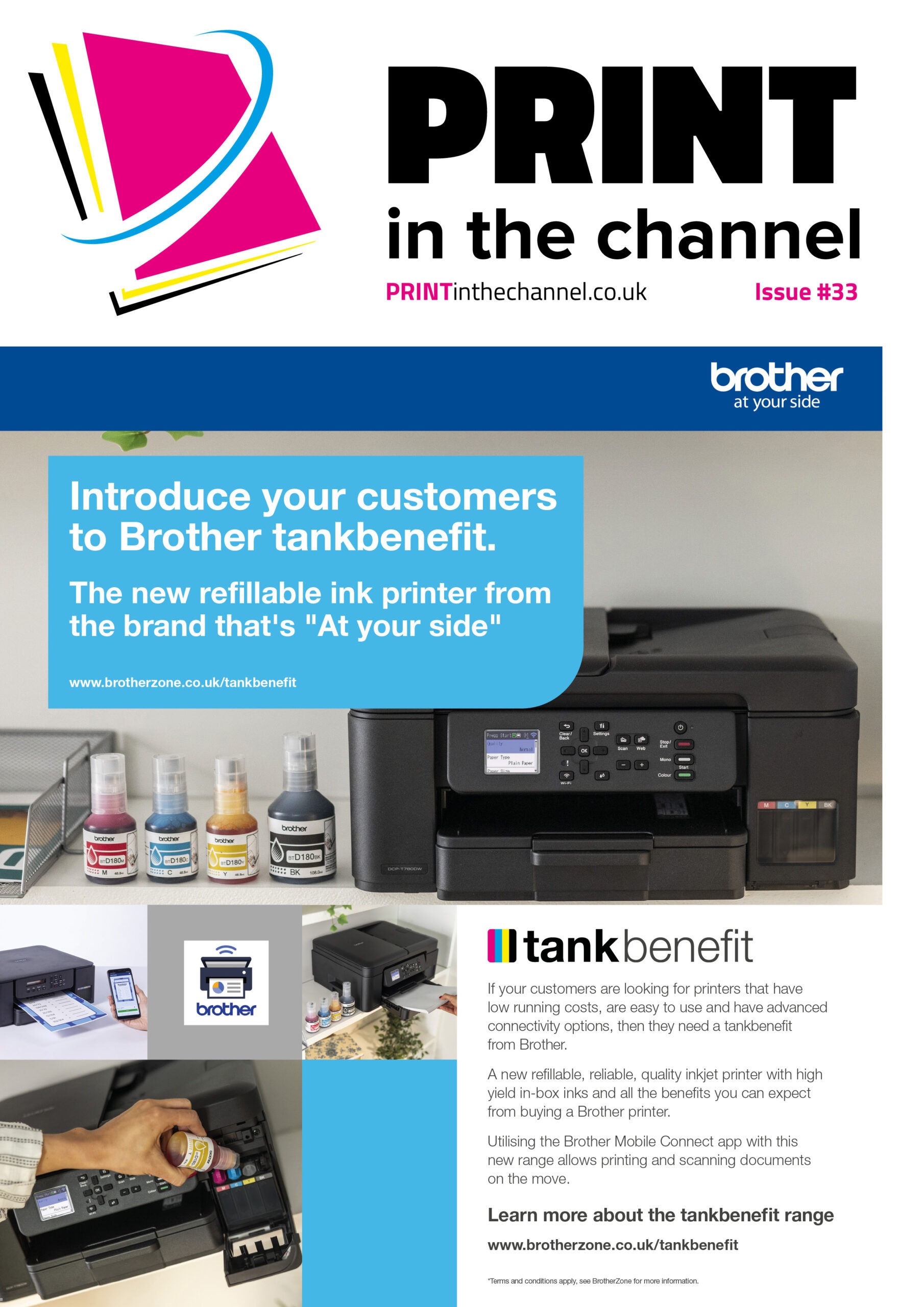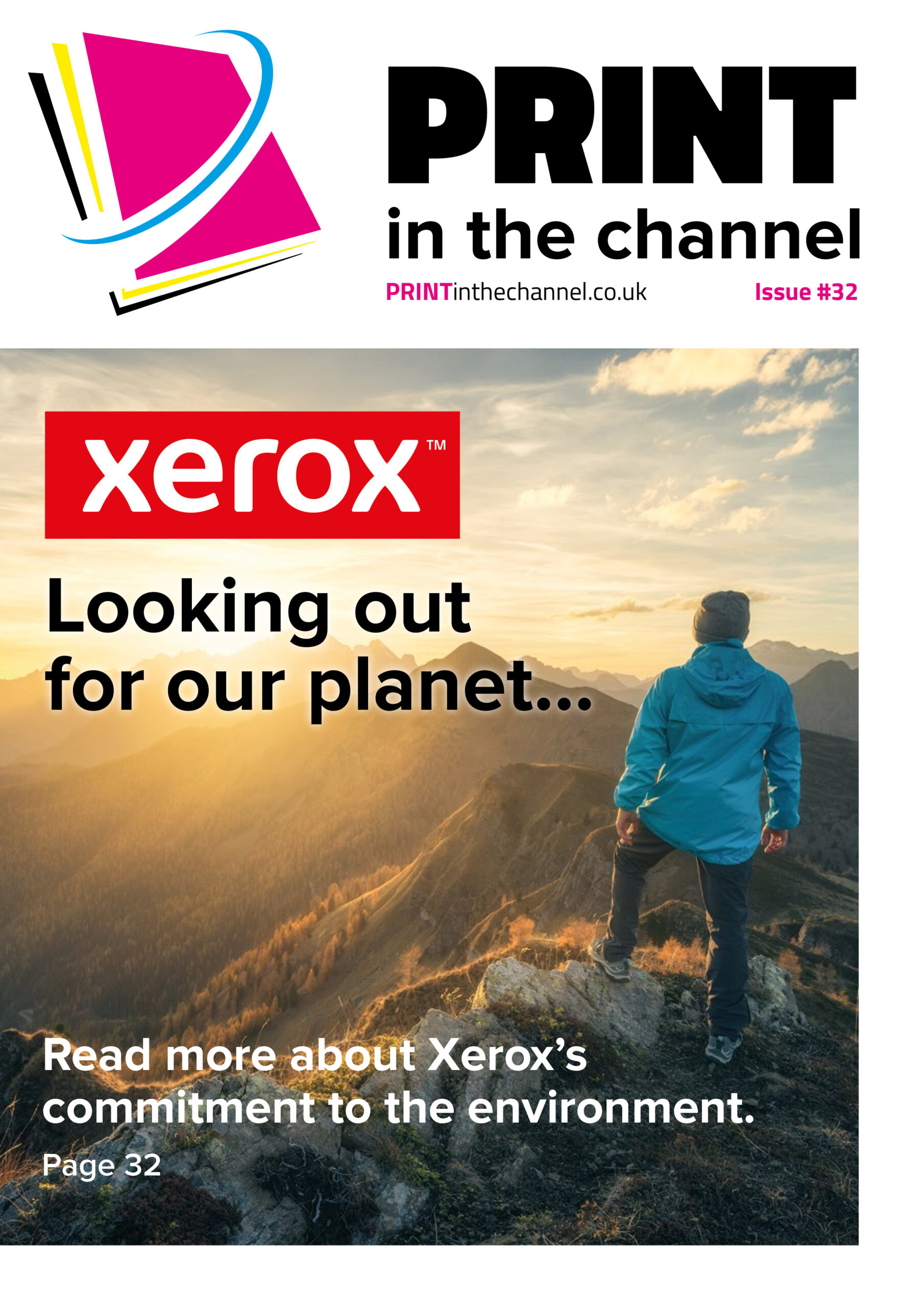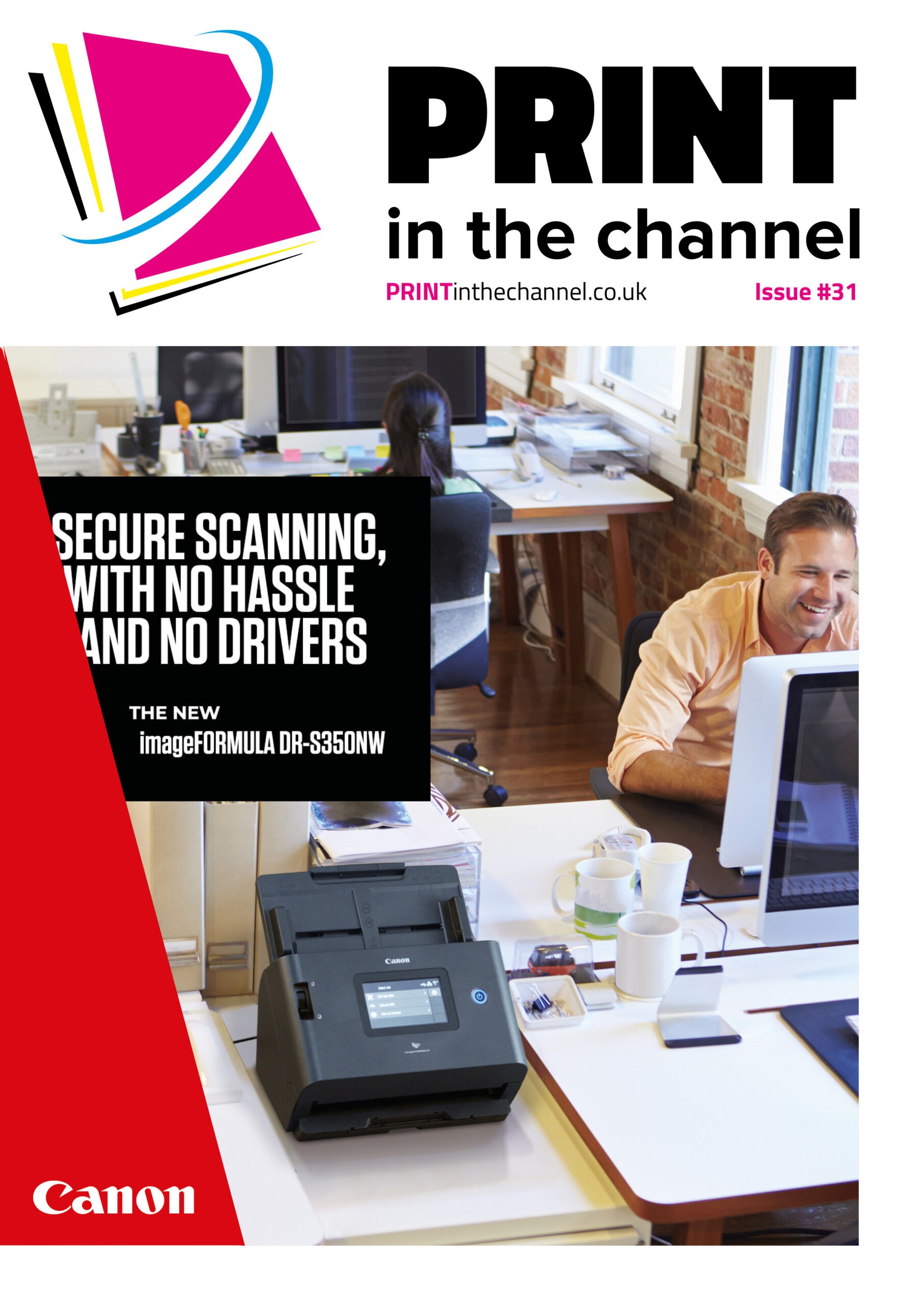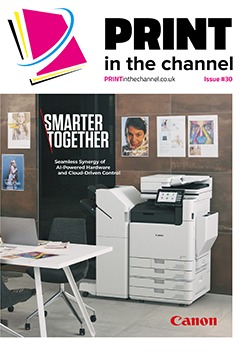Print is often central to businesses in the retail and hospitality sectors, so managed print services can be vital to help them to achieve efficiency and cost savings – and demand for it is set to grow in the coming years.
Retail and hospitality are two sectors that still require print for a wide variety of applications – from receipts to food labelling to marketing collateral – but with margins tight many businesses are looking for efficiencies wherever possible, including print – which is where managed print services (MPS) comes in.
There are various ways that retail and hospitality businesses can benefit from MPS. “Retail and hospitality customers generally operate multi-site environments,” explains Trevor Maloney, product marketing manager at Kyocera Document Solutions UK. “If there is no centralised protocol from head office regarding print sourcing and expenditure, things can get out of hand quite quickly. MPS policies provide centralised control of print expenditure over multiple sites, rationalise print spend and encourage economies of scale for the purchase of hardware and ongoing service and consumables costs.
“Additionally, a centralised MPS provides ongoing monitoring and support to ensure print usage is optimised with regular reviews – this reduces issues with inventory management, enables workflow optimisation and adequate network security planning for device allocation and load balancing.”
Peter Shackleton, head of end user sales & MPS lead at Brother UK, agrees that MPS can help with print costs. “Margins in retail and hospitality are under constant pressure, with rising costs and shifting customer expectations challenging businesses to do more with less,” he says. “MPS are becoming an increasingly valuable way to help them operate more efficiently and stay competitive.”
Addressing operational needs
Deyon Antoine, product marketing manager at Toshiba Tec, adds that MPS can offer distinct advantages to the retail and hospitality sectors by addressing their unique operational needs.
For instance, with retail businesses: “Centralised print management allows for consistent branding and document handling across stores and can reduce downtime with just-in-time automated supplies replenishment,” he says.
“It can also help to reduce printing costs by reducing waste from unnecessary printing and improves market agility, so retailers can dynamically change in-store signage, price tags, and promotional materials with consistent quality on demand.”
Meanwhile for hospitality businesses it can improve the guest experiences with self-service printing for guests and conferencing events, Deyon adds. “It can also be integrated with back-office systems and automating document workflows in HR and finance departments.
“It also helps with brand consistency for all printed materials, from welcome letters to restaurant menus.”
There are also general advantages, Deyon adds. “MPS ensures a secure print environment encrypting print data, offering secure print release and iron clad device security, adhering to principles of cyber essentials and zero trust policies, supporting businesses to comply with GDPR and compliance policies,” he says.
“MPS allows businesses to track usage across departments and properties to identify savings opportunities and reduce environmental impact through data-driven insights and intelligent print policies.”
Trends
But what customers in the retail and hospitality sectors want from their MPS solutions is changing.
Deyon notes that there is a need too for advanced analytics and predictive maintenance for more informed business decisions and to identify print cost savings.
“Customers also want mobile printing solutions for the hybrid and mobile employees as well as solutions for BYOD to enhance the guest experience and easy and seamless integration into existing systems,” he says.
Trevor adds that there is a significant increase in the migration to cloud-based services in both sectors as they search for new technologies to drive down costs. “Large retailers and hospitality chains are looking to reduce print and replace with a digital process,” he says.
“These are long-term projects, so any new MPS will need to support current requirements and the agreed future print strategy. Any MPS contract should have the flexibility to handle fluctuations in print volumes without penalty payments.”
Peter adds that security and compliance are becoming top priorities. “Especially for businesses rolling out print technology across multiple sites,” he says. “Customers want easy-to-use solutions that work with their existing systems and support compliance without adding complexity. Resellers can play a key role by recommending secure, scalable options that meet these needs and help build long-term trust.”
AI influence
As with many sectors, AI is influencing MPS solutions for retail and hospitality businesses. Deyon notes that AI is already implemented in cloud-based management solutions like Toshiba’s e-BRIDGE CloudConnect to help with predictive maintenance, which minimises device downtime.
“AI can also help with business process automation, for intelligent, faster and more efficient document processing and data handling,” he adds.
Trevor agrees, adding that Kyocera is adding AI features to its devices to reduce customer intervention and maximise productivity. “Hospitality venues may not be in large conurbations, so it’s important that maintenance services offered to companies in these locations are not compromised,” he explains. “Kyocera offer a nationwide service with stringent SLAs.
“Kyocera Fleet Services, a predictive and automated service tool, can automatically replenish consumables supplies, fix devices issues online and where an engineer is required, ensure the correct spare parts are with the technician before attending a call. All of this reduces downtime and ensures a seamless nationwide service offering.”
Reseller conversations
When talking to customers in these sectors about MPS, resellers should highlight a variety of benefits.
“Emphasise automated supply replenishment, remote monitoring and fleet optimisation to reduce downtime and manual intervention,” says Deyon. “Also detailed reporting on print usage can help to identify waste and reduce unnecessary printing.
“Resellers should also talk about predictable monthly costs and cost-saving strategies like print rules and device consolidation.”
“Position MPS as a fully managed solution, not just hardware, but ongoing support, maintenance and expert guidance,” he says.
Security is another key consideration. “Mention the importance of secure print release, user authentication, and data encryption – especially relevant with customer data, payment info and GDPR/PCI DSS compliance,” he says.
Trevor agrees that security remains key. “Companies are looking for suppliers and products that reduce and eliminate the danger of end-point breaches and offer future proof security provisions,” he says. “For instance, Kyocera’s partners can leverage our expertise as a Managed Security Service Provider through our Kyocera Cyber business.”
Sustainability should be discussed. “Retail and hospitality customers understand the benefits of promoting sustainability and are always looking for new ways to reduce their environmental impact,” Trevor says. “Resellers should ensure their products and services align with the CSR aspiration of the businesses they are talking to. Sustainability is a very attractive proposition to attract and retain customers.”
Peter notes that for resellers, the opportunity lies in offering solutions that reduce cost and downtime and improve efficiency and control across multiple locations. “MPS can be catered to meet the needs of small independent shops to major multi-site retail operations, with support scaled through our Essential, Professional and Enterprise packages,” he says. “It supports everything from automated supplies replenishment, while also enhancing security and providing sustainability reporting.”
Future
It is expected that the market for MPS for retail and hospitality businesses will grow significantly over the coming decade.
In the retail sector, Deyon expects several main drivers of growth. “Retailers are under pressure to reduce operational costs, and MPS helps by optimising print infrastructure and reducing waste,” he says.
He adds that scalability is also important. “Rapid expansion and seasonal fluctuations are common in retail,” he notes.
“Meanwhile, in the hospitality sector, MPS can help to improve the guest experience with high-quality, reliable printing supporting smooth check-ins, event management, and guest communications.
“The need for operational efficiency by automating back-office printing and integrating with property management systems and streamlining workflows.”
There are also common advantages, Deyon adds. “With increasing data privacy regulations like GDPR, secure document handling is a growing concern and priority.
“Also meeting sustainability goals as many brands are adopting green initiatives, and MPS helps reduce paper and energy usage while offering participation in green initiatives to help meet CSR goals.”
Peter adds that as businesses continue to modernise, MPS will remain central in helping them work more efficiently and sustainably. “Resellers that focus on driving better conversations, offering better choices and helping their customers prepare for a better future will be best placed to succeed,” he says.
Trevor agrees, adding that retail and hospitality business will expect their partners to work in unison with their changing CSR aspirations and continue to reduce their carbon impact. “AI will make a big impact on retail chains as their omnichannel strategies become more sophisticated they will expect resellers to offer integrated AI powered content and collaboration solutions,” he says.
“Finally, MPS will become less print dominant and more of a hybrid ‘print and software solutions’ model. Kyocera already recognises these trends and works with some of the UK’s leading retail and hospitality brands to optimise their sustainability commitments and offer a range of software solutions to complement their print fleets, reduce the intervention of their internal IT teams and provide cost efficiencies.”









